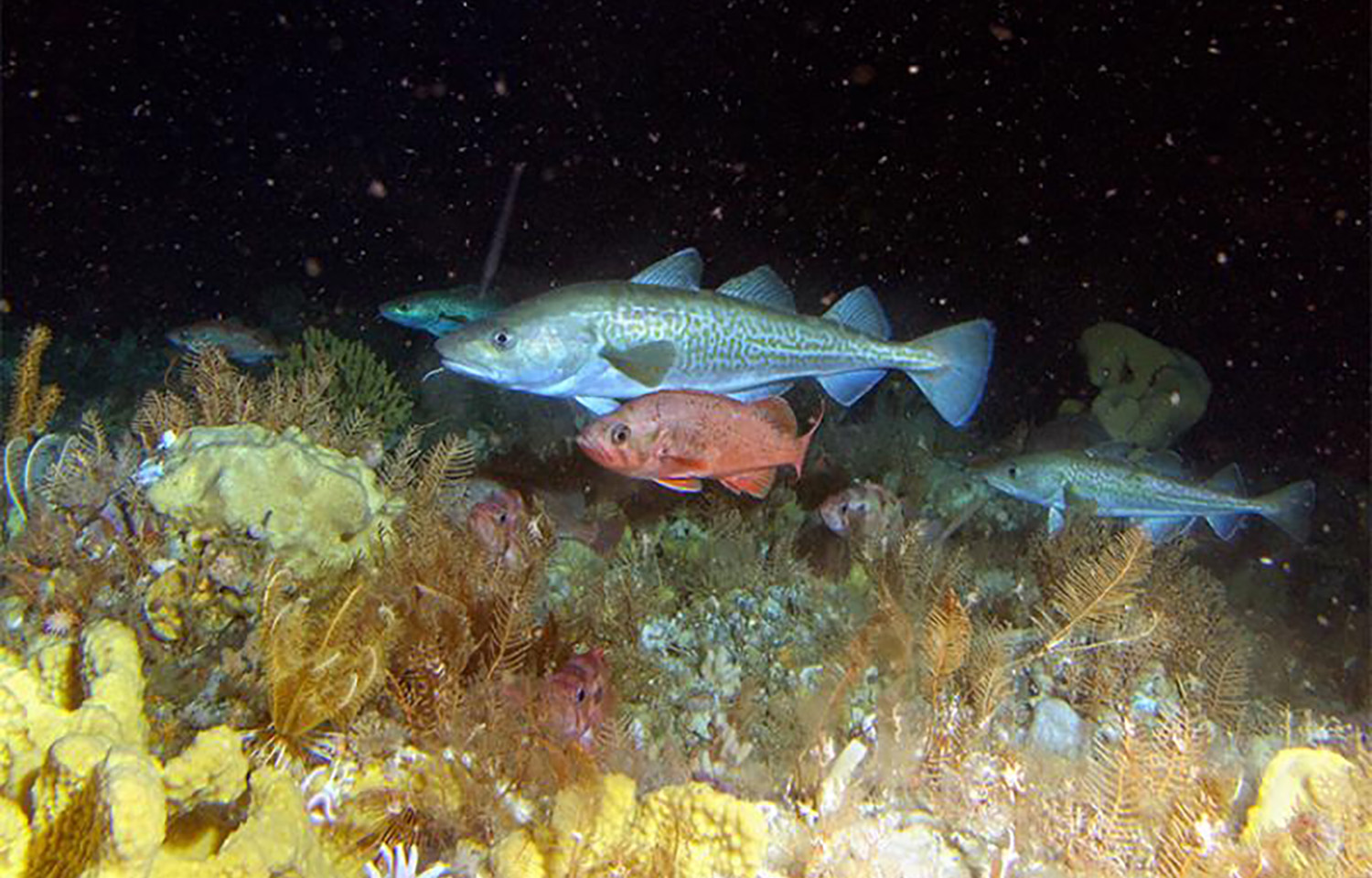Several tribal governments in Alaska, as well as the Center for Biological Diversity, plan to sue NOAA Fisheries and the U.S. Fish and Wildlife Service to stop the government from conducting an experimental bottom-trawl study in the northern Bering Sea.
“In light of the rapid and dramatic environmental and human-caused changes that are threatening our iconic marine environments in Alaska, we expect our federal government to act responsibly and follow their own regulations and guidance to protect these vulnerable areas,” Tribal Council President for the Aleut Community of St. Paul Island John Wayne Melovidov said. “This proposed study is a crowbar into the northern Bering Sea for commercial exploitation.”
The Northern Bering Sea Effects of Trawling Study (NETS) is a collection of experimental studies designed to research the effects of bottom-trawling in the Northern Bering Sea Research Area – a region where bottom trawling is currently prohibited.
As part of the experiments, NOAA Fisheries plans to have a contractor make repeated passes of designated corridors with an otter trawl rigged to simulate commercial practices. By studying the corridors before and after the trawling and comparing them to untouched control corridors, the agency hopes to gain a better understanding of how the practice would impact the ocean floor and how long it takes the areas to recover.
In September 2023, NOAA Fisheries issued a USD 1.7 million (EUR 1.6 million) contract to Seattle, Washington, U.S.A.-based B&N Fisheries Company to charter a vessel for the experiments. The agency plans to conduct a research cruise this summer following the completion of the RACE Aleutian Islands bottom-trawl survey, according to an agency document.
NOAA Fisheries said the research will inform the “possible future management of commercial bottom-trawl fisheries in the region.”
However, tribal groups oppose the effort, arguing that the trawling study will damage the ocean floor and open the door to “an extremely destructive method of fishing.”
“The study is designed to repeatedly damage an area of the ocean floor and then check in on how much destruction remains a year or more later,” Tribal Council President for the Native Village of Shishmaref Johnson Eningowuk said. “Trawl fisheries are destructive to benthic habitat and species on which we rely as a matter of food security and cultural wellness.”
In 2023, nonprofit tribal consortium Kawerak passed a resolution opposing NETS and called on the agency to cancel the experiments.
The Center for Biological Diversity also questioned the legality of the study, noting that the agency “did not adequately analyze the environmental and cultural harms” of the study or properly consult tribal groups.
“I’m aghast that this trawl study was green-lit with so much disregard for bedrock environmental laws and the Alaska Native Tribes that could be harmed,” Center for Biological Diversity Alaska representative Cooper Freemen said. “If the trawl industry thinks it’s going to just waltz into the northern Bering Sea, it’s in for a rude awakening. We’re standing with Tribes to make sure federal agencies protect this remarkable marine ecosystem from trawl fishing.”
Photo courtesy of NOAA Fisheries/Alaska Fisheries Science Center







